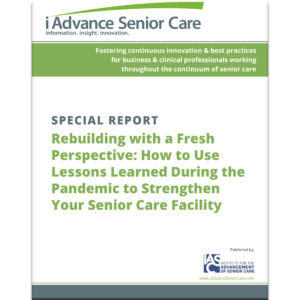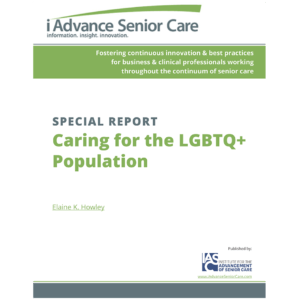Study questions value of some home health providers
Should for-profit home health agencies continue to receive Medicare reimbursement for the services they provide? That's the question authors of a new study published in Health Affairs are asking after they found that the entities scored slightly but statistically significantly worse on some quality indicators compared with their nonprofit counterparts.
The authors, from the City University of New York (CUNY), analyzed cost reports filed with Medicare by more than 7,000 home health agencies in 2010-2011 as well as data related to 22 quality measures from Medicare's Home Health Compare database covering more than 9,000 agencies. They found higher per-patient and administrative costs, slightly lower-quality care and less avoidance of hospitalization among the for-profit entities. Overall cost per patient was $1,215 higher at for-profits, with operating costs accounting for $752 of the difference and excess profits for $463. For-profits also reported many more speech, physical and occupational therapy visits, which are often highly profitable under the complex Medicare payment formula, than the nonprofits, according to the researchers.
When it came to care, on average, the for-profits met each quality standard 77.2 percent of the time, whereas the nonprofits met them 78.7 percent of the time. Rehospitalizations occurred in 28.4 percent of for-profit patients versus in 26.5 percent of nonprofit patients.
Medicare spent $18 billion on home care in 2012, the most recent year for which figures are available, say the study authors, who note that 88 percent of agencies are for-profit and they care for 81 percent of Medicare home care patients.
"While our study is the first to show that profit-making has trumped patient care in Medicare's home health program, that's no surprise," says lead author William Cabin, PhD, MPH, MSW, JD, MA, an assistant professor of social work at Temple University who undertook the study as part of his doctoral work at CUNY. "A large body of research on hospitals, nursing homes, dialysis facilities and HMOs has shown that for-profits deliver inferior care at inflated prices."
Senior author Stephanie "Steffie" Woolhandler, MD, MPH, a professor of public health at CUNY's Hunter College and a lecturer at Harvard Medical School, says: "Letting for-profit companies into Medicare was a huge mistake that Congress needs to correct."
I Advance Senior Care is the industry-leading source for practical, in-depth, business-building, and resident care information for owners, executives, administrators, and directors of nursing at assisted living communities, skilled nursing facilities, post-acute facilities, and continuing care retirement communities. The I Advance Senior Care editorial team and industry experts provide market analysis, strategic direction, policy commentary, clinical best-practices, business management, and technology breakthroughs.
I Advance Senior Care is part of the Institute for the Advancement of Senior Care and published by Plain-English Health Care.
Related Articles
Topics: Executive Leadership , Medicare/Medicaid











